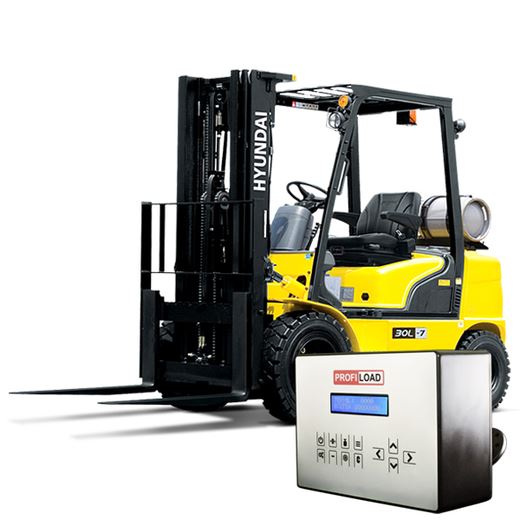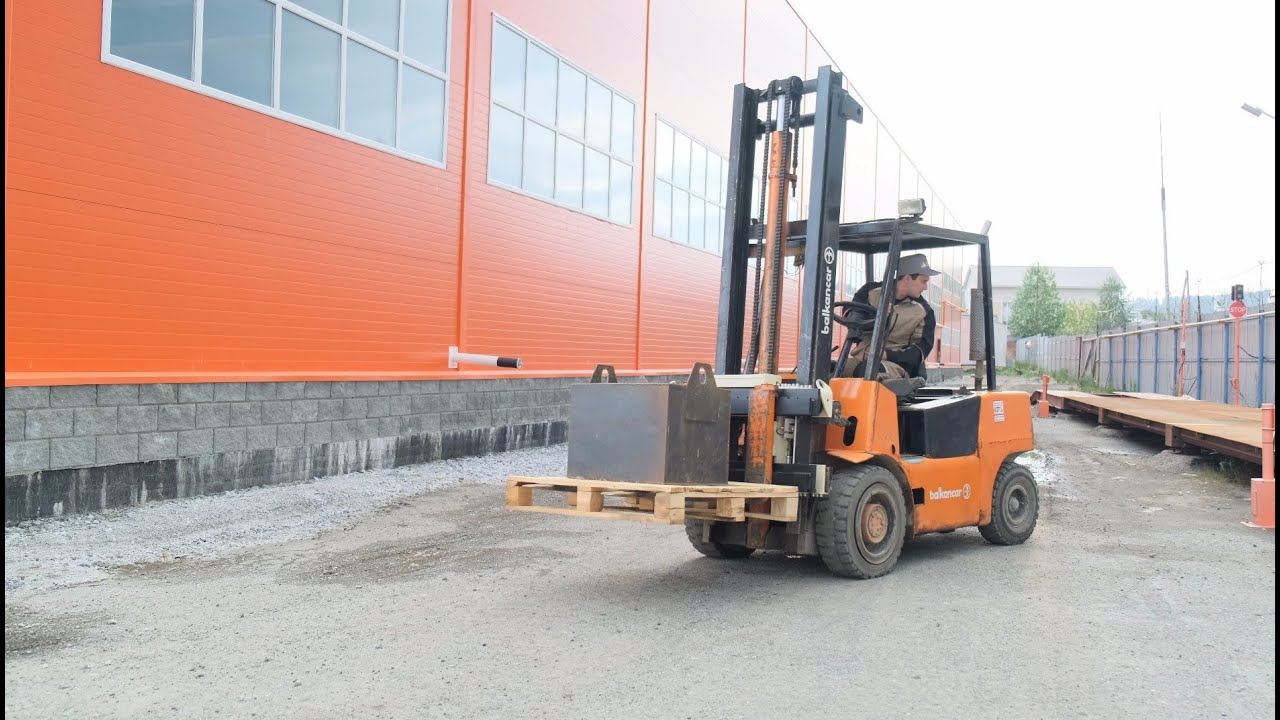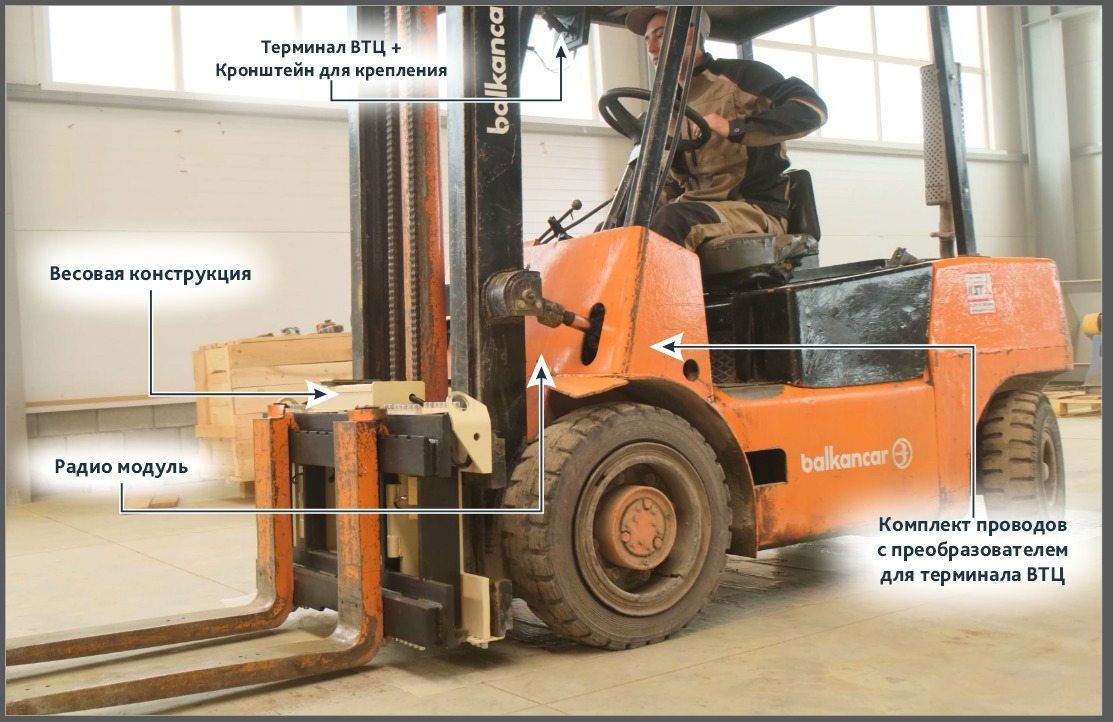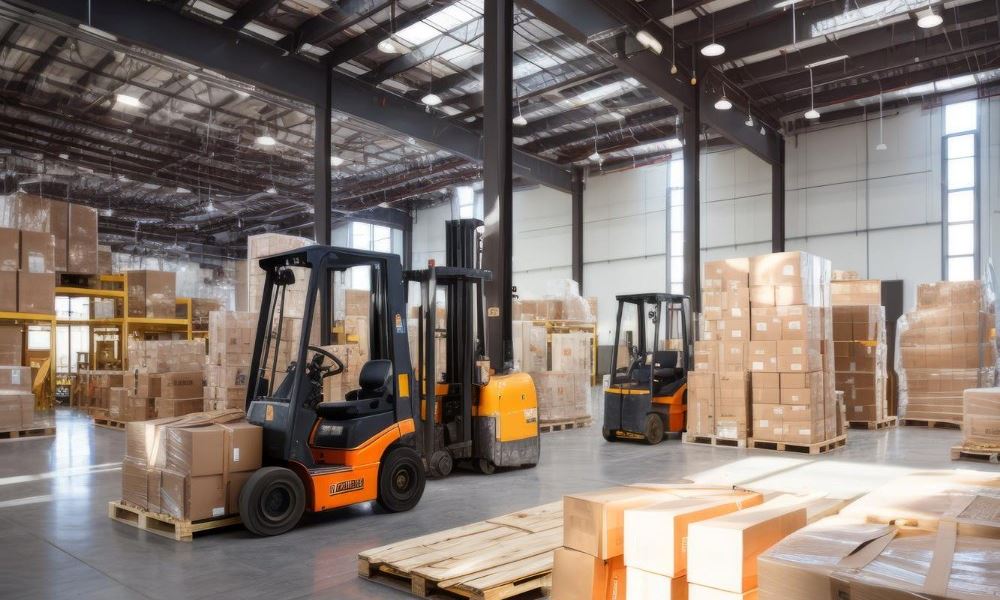Scales for a loader - why they are needed and how to choose them
Forklift scales are an indispensable tool for any enterprise that works with large volumes of cargo. Their use helps to optimize logistics processes, increase labor safety and prevent overloading of vehicles. When choosing scales, it is important to consider type, accuracy, capacity, ease of use and the ability to integrate with other systems.
Why do you need forklift scales?
Forklift scales are special devices that are installed to measure the weight of loads during their lifting and transportation. It is an important tool for improving work efficiency, safety and accuracy of cargo accounting. They also contribute to the improvement of logistics processes by ensuring compliance with regulatory requirements, which creates their necessity in modern conditions of managing transport and warehouse operations.
The main need to install scales on the loader is to control loading and avoid overloading of goods. After all, if there is too much cargo, you can damage the loader itself. It is also quite important to remember that this optimizes control over compliance with the standards set for the load.
Types of scales for forklifts
Most often, scales for forklifts are used for the system of monitoring the weight of the cargo being lifted. There are several types of scales for forklifts, each of which has its own characteristics.
- Mechanical scales. A simple design that does not require electricity. They consist of a lever system and weights. They are more difficult to weigh and there are errors in the exact load.
- The scales are hydraulic. This type is installed in the hydraulic system that lifts the load. Thanks to this, they are easy to install, but quite sensitive to temperature changes.
- Electronic scales. Most often, such scales are already built into the forklift forks. If electronic scales are not built-in, then it will be necessary to spend a considerable amount on their installation. They are also dependent on the power grid.
- Scales built into the forks of the loader. This category, like the previous one, is also often already included in the design of the loader. But, unlike electronic ones, it has sensors that monitor the pressure and determine the deformation during loading on the loader.
- Platform scales. This type of scales provides for the installation of a special platform on which the cargo is loaded. There are also weight control sensors, which have high accuracy, but the load will have to be loaded on them by hand.
- On-board scales. These scales are typically mounted on commercial forklifts and can transmit real-time data to a display or accounting system.
- Dynamometric scales. They use the principle of measuring the forces applied to the load and determining its weight. Force sensors measure the tension that occurs when lifting a load.
When choosing the type of weight for forklifts, it is usually based on the conditions and specifics of the work.
How to choose scales for a forklift
Choosing a forklift scale depends on several key factors, including the type of forklift, volume and type of load, operating conditions, accuracy requirements, budget and other specific needs. It is important to understand whether the chosen type of weight is compatible with the loader you have, or whether it is possible to install one or another option. You also need to understand how convenient it will be to use scales specifically in your production, warehouse or store. Calculate the cost and make an estimate for maintenance, because each type of scale has its own cost for a technological review.
Installation and maintenance of forklift scales
Installing and maintaining forklift scales is an important part of ensuring measurement accuracy and operational efficiency. Forklifts with scales allow drivers to accurately know the weight of the lifted load, which increases safety and efficiency in warehouses, construction sites and other areas. The main thing is to choose the scales and correctly and accurately mount them in the loader and do not forget to maintain them.



